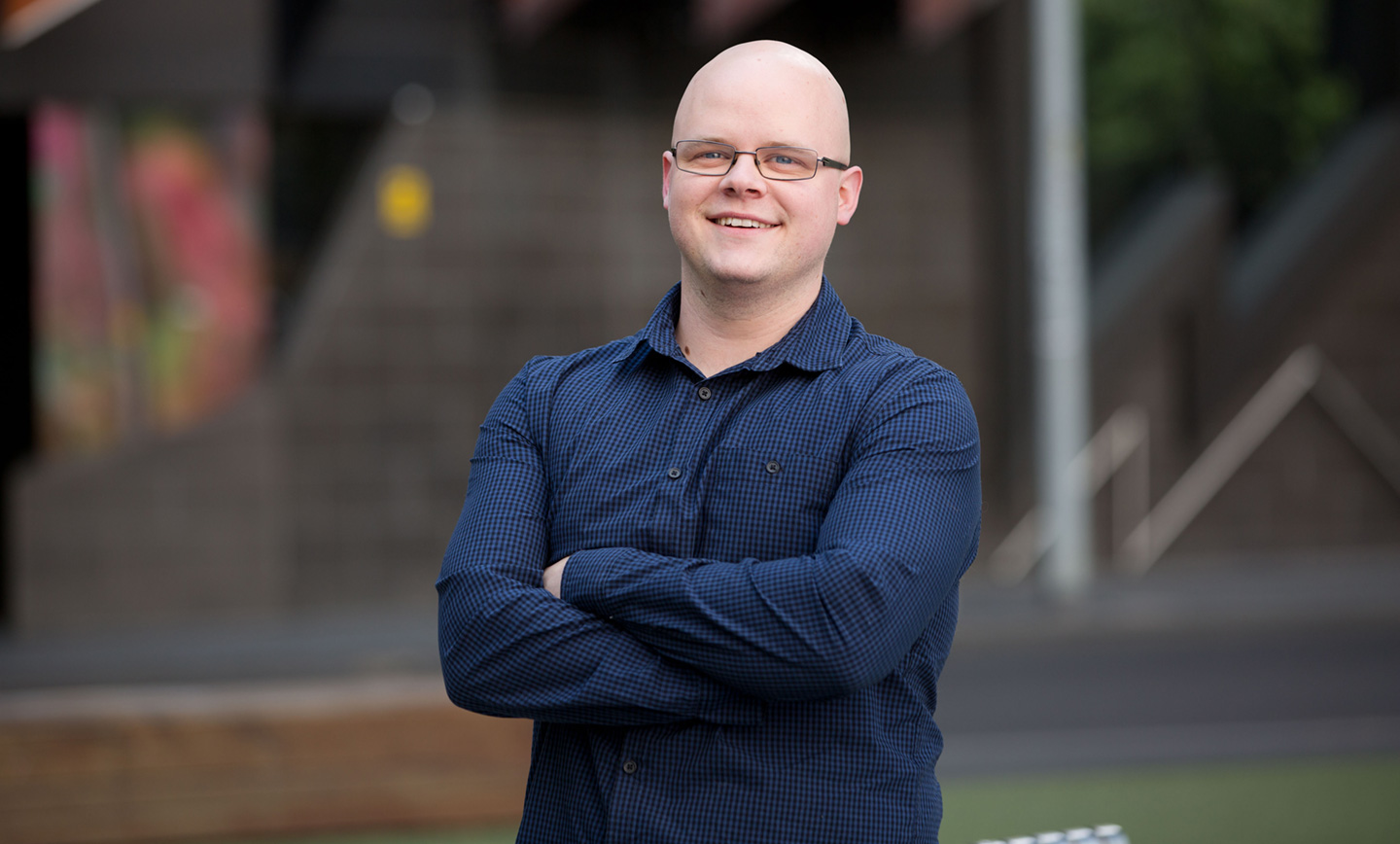Pre-university study
Fee information for Australian residents studying Foundation Skills, English language and tertiary preparation courses.
Apprenticeships and traineeships
Fee information for Australian residents studying trade apprenticeship and pre-apprenticeship programs through RMIT.
Fees for vocational study
Fee information for Australian residents studying vocational education courses, including certificates, diplomas and advanced diplomas.
Fees for undergraduate study
Fee information for Australian residents studying undergraduate education programs, including bachelor, associate degree and honours programs.
Fees for postgraduate study
Fee information for Australian residents studying postgraduate education programs, including graduate certificate, graduate diploma and master by coursework programs.
Research programs
Fee information for Higher degree by research candidates.








